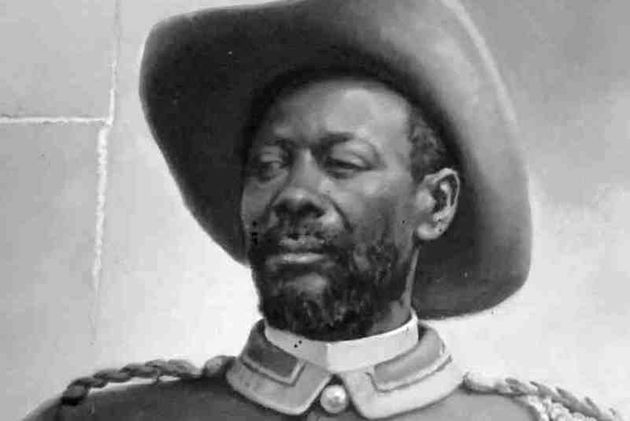This Day in History: March 17, 1904
Additional Date: March 17, 1904
August Bebel, representing the German Social Democratic Party (SPD) in the German Reichstag (Parliament), condemned the "suppression war" against the Ovaherero in German South West Africa. He demanded the termination of the war and refused to budget for its continuation. Bebel called the resistance of the Ovaherero a "justified liberation war". The Herero or Ovaherero people lived mainly in Namibia, Botswana and Angola and were descendents of the Bantu people. It is believed that they moved south from Lake Tanganyika in the 18th century. They were a warlike people and clashed with the Khoi-Khoi and other smaller societies. In the 19th century Namibia became a German colony called German South West Africa. In 1885 Herero territory was absorbed into the colony. As a cattle-based society they needed grazing for their livestock, which was severely limited after German settlers flooded into the area. The Ovaherero chafed under colonial rule and on 11 January 1904 they rose in rebellion.
